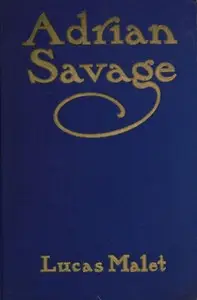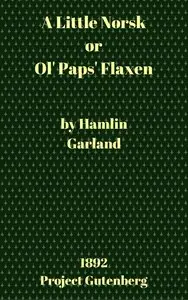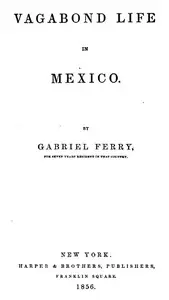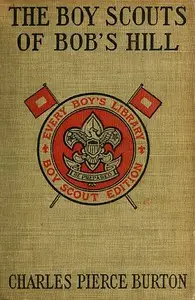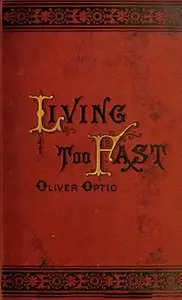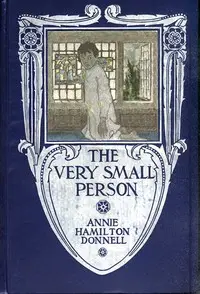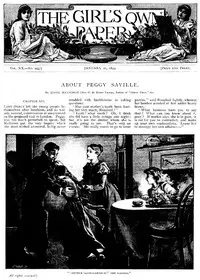"Little Peter: A Christmas Morality for Children of any Age" by Lucas Malet is a children's story that appears to have been written in the late 19th century. The narrative focuses on the titular character, Little Peter, and his family as they navigate the whimsical and somewhat enchanting experiences surrounding Christmas and their journey to the church in Nullepart. The story promises to impart moral lessons through its portrayal of various characters, including the kind-hearted charcoal-burner, John Paqualin, who embodies a sage-like presence. The opening of the story introduces us to the pine forest where Little Peter lives with his family, emphasizing the natural beauty of the surroundings and hinting at deeper lessons to be learned from nature. Little Peter's innocence is shown as he waits for his brother Antony and interacts with John Paqualin, who presents himself whimsically, warning Peter about the dangers of the forest, including an imagined wolf. This sets the stage for thematic explorations of kindness, self-discovery, and the contrast between the innocent perspective of children and the complex world of adults. The relationships within Peter's family further highlight dynamics of love, worry, and adventure, building an atmosphere ripe for the festivities and reflections of the Christmas season. (This is an automatically generated summary.)
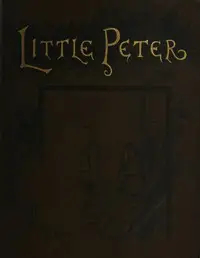
Little Peter: A Christmas Morality for Children of any Age
By Lucas Malet
"Little Peter: A Christmas Morality for Children of any Age" by Lucas Malet is a children's story that appears to have been written in the late 19th c...
Lucas Malet was the pseudonym of Mary St Leger Kingsley, a Victorian novelist. Of her novels, The Wages of Sin (1891) and The History of Sir Richard Calmady (1901) were especially popular. Malet scholar Talia Schaffer notes that she was "widely regarded as one of the premier writers of fiction in the English-speaking world" at the height of her career, but her reputation declined by the end of her life and today she is rarely read or studied. At the height of her popularity she was "compared favorably to Thomas Hardy, and Henry James, with sales rivaling Rudyard Kipling." Malet's fin de siecle novels offer "detailed, sensitive investigations of the psychology of masochism, perverse desires, unconventional gender roles, and the body."



